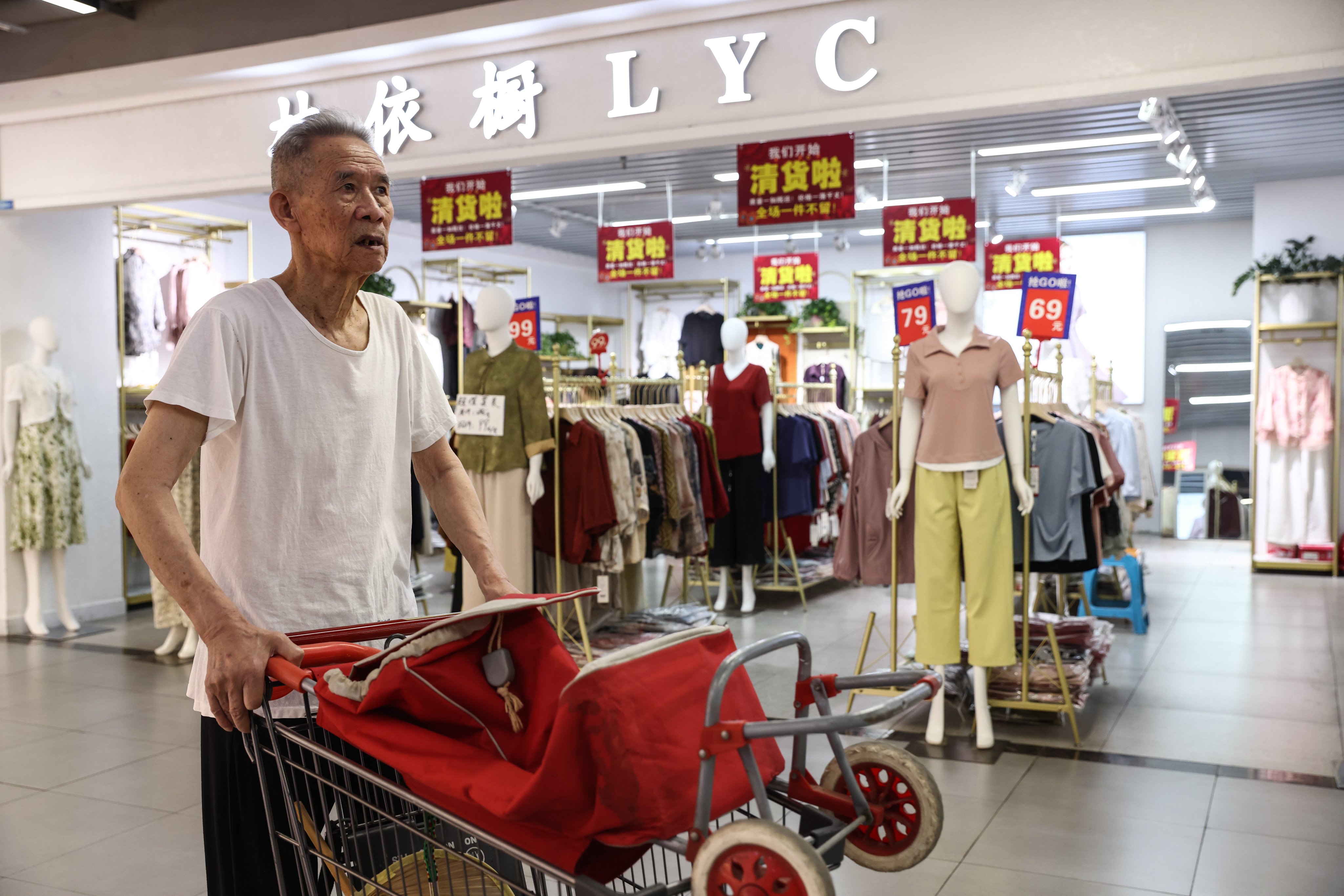While eye-catching technological breakthroughs – led by the DeepSeek artificial intelligence (AI) model – have boosted confidence in China amid intensifying rivalry with the United States, economists at the Annual Meeting of the New Champions in Tianjin have called for structural reforms to make China a consumption-driven economy.
“We can talk about technological supremacy, like AI and all these, but China is never going to be a rich country unless it becomes a big consumer country,” Jin Keyu, a professor at Hong Kong University of Science and Technology’s school of business and management, said at the World Economic Forum event, which is also known as “Summer Davos”.
China’s political economy mechanism is largely geared towards subsidising production to gain competitiveness, Jin said during a panel discussion on Thursday.
“Chinese goods are so competitive, and everyone’s importing Chinese goods, then China is going to have a real problem, not just with the US, but with the rest of the world, because it’s no longer about just efficiency, it’s about harmony,” she said. “It’s about giving other countries an opportunity to be part of the global supply chain in every single sector.”
Jin said China should raise its internal consumption to harmonise its trading relationships, with opportunities to be found in the services sector and in the smaller Chinese cities that young people were flocking back to.
“It will be fantastic if the yardstick competition on the local governments can put consumption as one of the measurements of success,” she added.
Eswar Prasad, an economics professor at Cornell University in New York, said during the same panel discussion that pushing ahead with deeper structural reforms is a critical issue for the Chinese government.
“The brief surge in confidence that we have seen thanks to the shift in narrative might be difficult to sustain if you don’t get the macroeconomics right,” he said. “So technology is great, but you need macroeconomics to support it.
“Some deeper-rooted structural reforms, which seem to have been taken off the table for now, really need to be brought back on the table. And with that, I think consumers might end up becoming much more confident.”
While DeepSeek has increased confidence in China’s capital market, it has not had the same effect among young people or in the labour market, said Joseph Luc Ngai, Greater China chairman at management consultancy McKinsey & Company.
“In fact, DeepSeek has created some anxiety around ‘hey, if I have DeepSeek, if I can be much more efficient, do I need these young people any more?’” Ngai said.
Zhu Min, a former deputy governor of the People’s Bank of China and former deputy managing director of the International Monetary Fund, said the Chinese government should formulate more macroeconomic policies to build a solid social safety net – from healthcare to retirement pensions – to make sure people feel it is safe to spend on consumption.
The job market would be another top priority for Beijing, Zhu said, adding that it should make sure that individual incomes grow in line with economic growth.
We must address deep-seated structural challenges hindering the domestic cycle by advancing comprehensive reform and opening up
In a speech in Tianjin on Wednesday, Premier Li Qiang pledged that China would become a “consumption powerhouse” capable of fuelling domestic and global growth.
Qiushi, the Communist Party’s theoretical journal, said in a commentary piece published on Thursday that China should enhance the vitality and reliability of its domestic economic circulation amid rising external uncertainty.
“Strengthening the domestic economic cycle is both a development and a reform issue,” it said. “We must address deep-seated structural challenges hindering the domestic cycle by advancing comprehensive reform and opening up, improving institutional mechanisms, and refining policy frameworks to provide sustained momentum for domestic circulation.”
To tackle mismatches between supply and demand, China will enhance long-term mechanisms to expand consumption and foster a market-driven endogenous growth mechanism for effective investment, it added.
“Insufficient consumer demand remains a major constraint on the domestic economic cycle,” it said. “We must tap into potential to boost consumption, promote the upgrading of bulk consumption, unleash the potential of service consumption, and amplify the spillover effects of emerging consumption.”
Qiushi said Beijing should also spare no effort to stabilise employment by supporting businesses in retaining jobs and expanding employment opportunities across all sectors, particularly in services, with a focus on addressing the employment needs of university graduates, migrant workers and other key groups.
